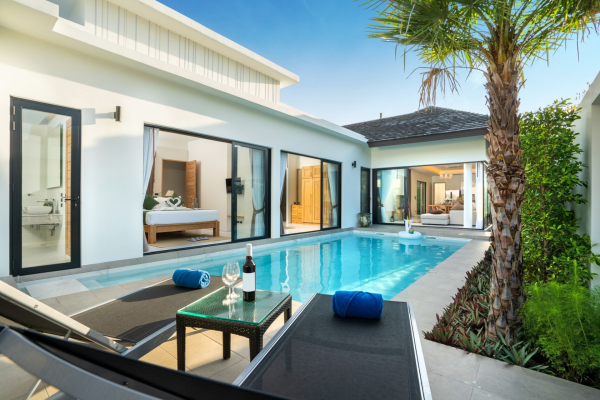

Thinking about buying a vacation home? Whether it’s a beach condo or a quiet cabin in the mountains, owning a second property can offer both personal enjoyment and long-term value. But before you buy, it’s important to understand the financial and practical details involved.
Choosing the Right Location
Location plays a big role in both your enjoyment and the value of a vacation home. While a remote destination may sound appealing, it can become less practical if it’s hard to reach or lacks essential services. According to the National Association of Realtors, about one-third of vacation homebuyers choose properties within 100 miles of their primary home.
Closer locations are often easier to manage and visit regularly. However, more remote spots can offer unique value and lower prices—especially in areas that are up-and-coming. Try to find a balance between convenience, cost, and lifestyle.
Understand the Full Cost of Ownership
Owning a vacation home involves more than just the purchase price. Be sure to account for:
- Property taxes
- Insurance (including higher rates in areas with natural risks)
- Maintenance and repairs
- Utilities
- HOA or community fees
Also, financing a second home often requires a larger down payment and comes with slightly higher interest rates. Creating a detailed budget—and adding a 10–15% cushion for unexpected costs—is a smart move.
Renting It Out: Know What to Expect
Many buyers plan to offset costs by renting out their vacation home. This can be a helpful source of income, but it’s important to understand what’s involved:
- You may need a property manager, especially if the home is far from your main residence.
- You’ll need to market the home, handle bookings, and manage guest concerns.
- Local laws or HOA rules may limit short-term rentals.
- Rental income may be taxed, and record keeping will be essential.
Before counting on rental income, check local regulations and talk to a tax advisor to understand the full picture.
Environmental Risks and Insurance
Some vacation homes are in areas more prone to climate-related risks such as floods, wildfires, or storms. Before buying, research the location’s weather history and ask about necessary insurance coverage. Make sure you understand what’s covered—and what’s not.
Finding the Right Balance
Buying a vacation home should be a decision that fits both your lifestyle and your financial plan. Make sure it supports your long-term goals and that you can afford it without stretching your budget too thin. With careful planning, a second home can provide both personal enjoyment and real financial value.
Thinking about buying a vacation home? Let’s talk about financing options and how to make the process simple and affordable. Contact me today.
